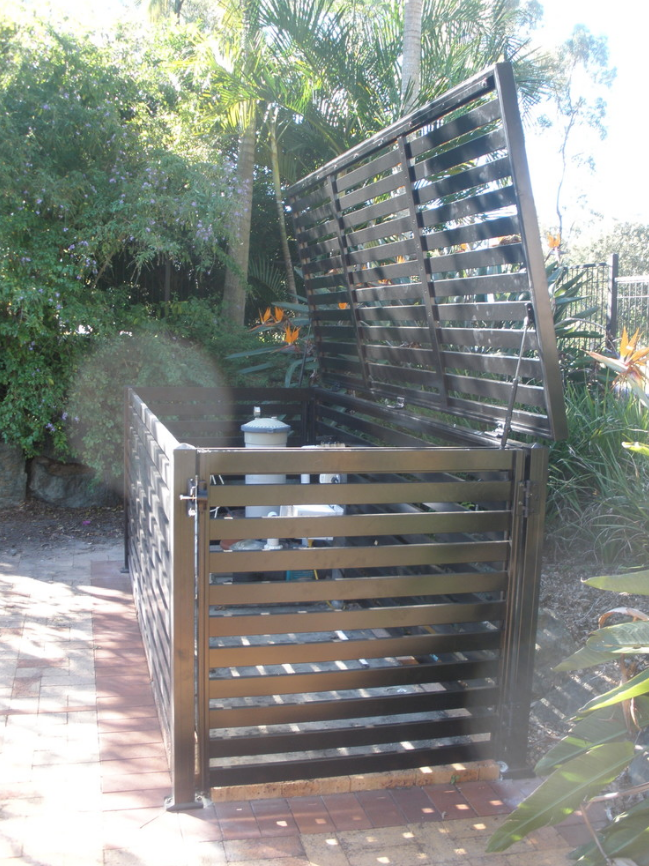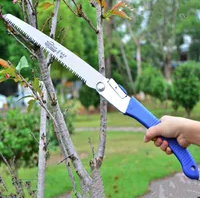Using Oil For Heating Your Home? Here’s How to Get Your Tank Ready for Winter

Avoid any mishaps with your oil tank this winter with our smart tips that will save you tons of headache and bills in the long run!
 Here’s an Easy Way to Mask Your Oil Tank! (Photo: Award Gates and Screens)
Here’s an Easy Way to Mask Your Oil Tank! (Photo: Award Gates and Screens)
Heating oil also known as Fuel Oil No.2, is essentially the same as diesel fuel used for heating millions of homes throughout America. This oil is stored in underground tanks, in basements, or sometimes above ground outside the house. For those of you that may not use oil for heating your home are probably wondering if this is even safe.
Heating oil is completely safe when stored and used appropriately, the only problem is with accidental spills and leaks that can endanger your health and the environment. A bit of preparation now and you can feel snug – and maybe even a bit smug – as the temperatures start to drop.
Check the oil levels in your tank and put an early order in
As you’d expect, as soon as it gets colder, people start turning on their boilers and the demand for oil goes up sharply, causing the prices to rise pretty much in synch. As winter goes on, it might be more difficult for suppliers to deliver oil, too, causing a rise in delivery charges and customers running out of oil just when they need it most. If you want to get ahead of the curve and bag some cheap home heating oil, you need to check your tank at the end of summer and then put an order in. Also, the team from BoilerJuice US notes that, “buying your heating oil in bulk will surely save you some money. You just need to have the proper storage for your supplies.
Service the boiler
After an easy summer, your boiler isn’t so much rested as out of shape! The sudden drop in temperatures puts a lot of strain on your boiler, so you need to give it a quick check-over and an overhaul before it’s pressed back into service. Oil-fired burners are also prone to accumulating soot, which can cause blockage problems and even a build-up of dangerous carbon monoxide (CO) gas. Head off problems at the pass by getting in a technician to make sure the old girl is working at her best.
Check the tank for damage
This is something you can do yourself, especially when the weather’s cold. Look for rusting, cracks, bulging or anything coming loose. If you see these signs, call your technician, don’t try to repair them yourself.
You also need to look at the pipes and the tank base for small cracks – all it takes is a night of freezing for these cracks to worsen and either let oil leak out or let water in. Additionally, if your pipes or tank base aren’t sound, you might not be able to take any deliveries until they’re fixed. Better to face this problem in August than December…
Trim or cut back overgrown plants near your tank
Plants that cover your tank base or wrap around pipes need to be removed because they can mask damage and make access for deliveries impossible. You also need to stop vents getting blocked by leaves and other debris over autumn and winter.
Look after your tank lock
As oil theft happens more over the winter, you need to make sure you can use your security equipment with no problems, so check over your tank lock and lubricate it regularly to stop it freezing or seizing up over any particularly cold spells.









Leave a Comment